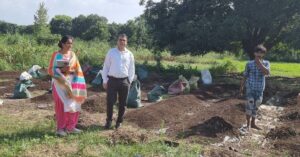Going Organic Against All Odds, Telangana District Sets Precedent for South India!
The area around the Anantagiri Hills has been witnessing a silent revolution in the recent past. A revolution that is bent on fighting the ill-effects of the long-practised chemical farming.
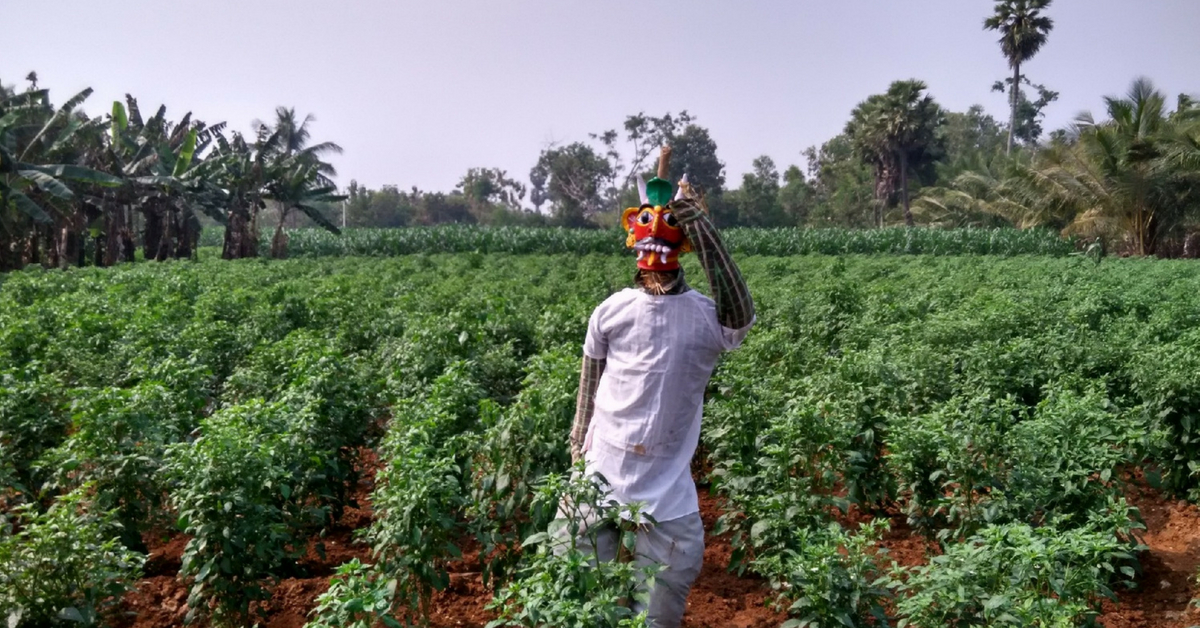
Vikarabad, one of the districts of Telangana, has seen a lot of farmers taking up organic or non chemical farming over the past few years, compared to any other district. Anantagiri Hills being one of the most pristine parts of the district is being sought after by many city folks who are keen on moving away from the buzz of the concrete jungle and living off the land.
Arun Srinivas, one of the farmers, who recently set up a farm in about 12 acres of land in the Godumaguda village, says, “I’ve searched for nearly three years to get a plot close to the hills. I’ve waited all this while to set up the farm at the foothills of Anantagiri.”
Arun, who is a photographer by profession, was once a resident of Hyderabad city. He decided to move to the hinterlands because of his love for the environment and his desire to live amidst nature. Currently, Arun is trying to grow a variety of fruit on a part of his land using permaculture methods. On the rest of the land, he is trying to grow local food grains and pulses for sustenance.
In Vikarabad, one can come across many such organic farming enthusiasts such as Arun. Many of Arun’s friends and family members themselves, inspired by him, are keen on taking up natural methods of farming.
Vamsi, another organic farming enthusiast in the region, along with practising organic farming, also conducts training programmes for hands-on training which include lessons on how to prepare organic pesticides using locally and easily available ingredients such as neem, garlic, tulsi and cow dung.
His primary focus has been on educating school and college students on organic agriculture, and he runs the school, Active Farm School, since 2013.
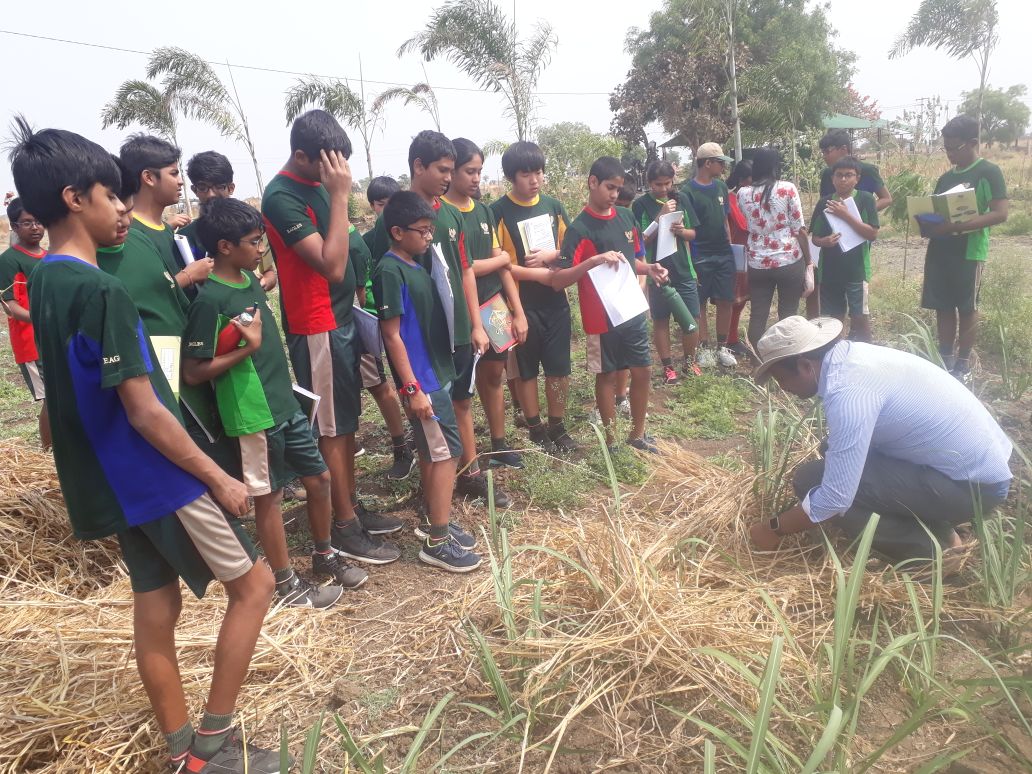
He says, “I’m particularly interested in making education more hands-on for children. Most of the urban children today don’t know where the food on the plate in coming from. So apart from teaching children how food grains are sown, harvested and stored, we are also looking into different methods of preparing organic fertilisers and pesticides.”
Not only are people taught how to prepare these products, but they are also taught to administer them. The 25-acre campus engages with youth right from the kindergarten to graduate level.
You May Also Like: How 3 All-Women Farmer Service Companies Are Empowering Over 2,756 Farmers in Vikarabad!
Vamsi, like the villagers of the Vikarabad district, is having trouble going truly organic. Although he hasn’t completely made the shift towards organic practices, they are gradually making the shift. Being a novice in the field, he admits he is still on a learning curve and does use chemical fertilisers from time to time to make up for the lost soil fertility.
However, there is a seemingly overwhelming scepticism among the farmers regarding taking up organic practices. Many local farmers opine that such practices are for city folks who have the luxury to farm for their sustenance. People like Vamsi and Dr Rama Yanamandala are trying their best to convince the farmers of the long-term effects of going organic.
The silver lining of this phenomenon of city folks settling in rural areas is their unbeatable zeal towards simple and natural living. More importantly, it is setting a precedent of going organic in areas which have been primarily following chemical methods of farming for many decades.
The new-age ‘urban’ farmers are setting an example for practising and showing a way forward for organic farming.
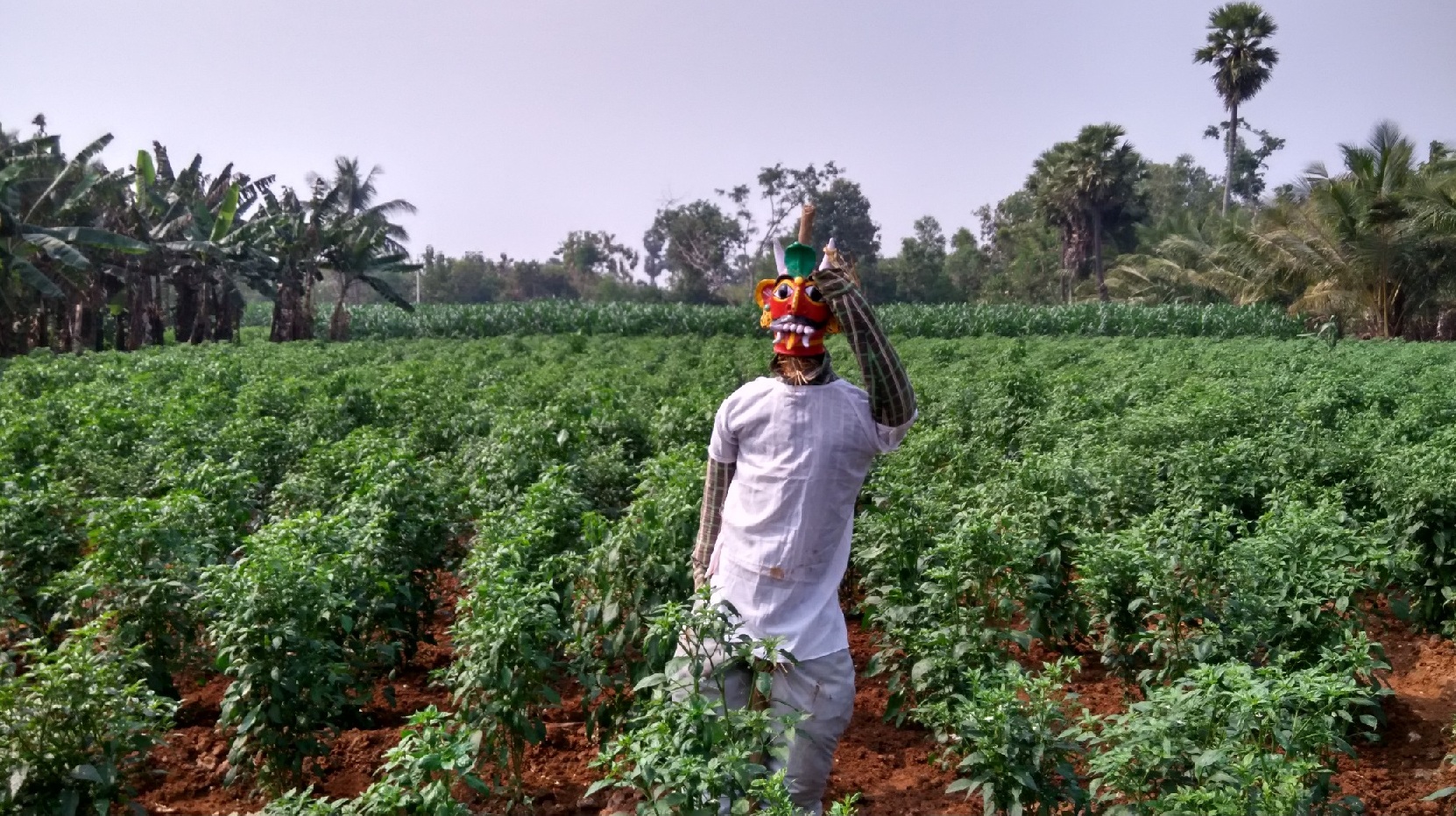
Dr Rama Yanamandala, a medical practitioner from Hyderabad, also forayed into natural farming when she first started a kitchen garden at her home. Dr Rama later found out about a Gurukul in the Vikarabad district, which has been promoting and teaching natural farming, aimed at educating the local farmers.
She has been collaborating with the Gurukul for about three years now towards awareness programmes that aim at changing the methods of farming and changing the mindsets of the local farms.
“From our interactions with the farmers, we have seen how reluctant they are towards adopting these new practices. The locals are used to the chemical methods, and it takes more than just a few success stories to get them on this path,” she says.
She notes that farmers are wary of losses when they make a sudden switch to organic farming, which is at least 20-30% in the first year.
But Dr Rama and her team assure that within 3-4 years, the farmers will be able to match the quantity of the organic produce to that from chemical methods.
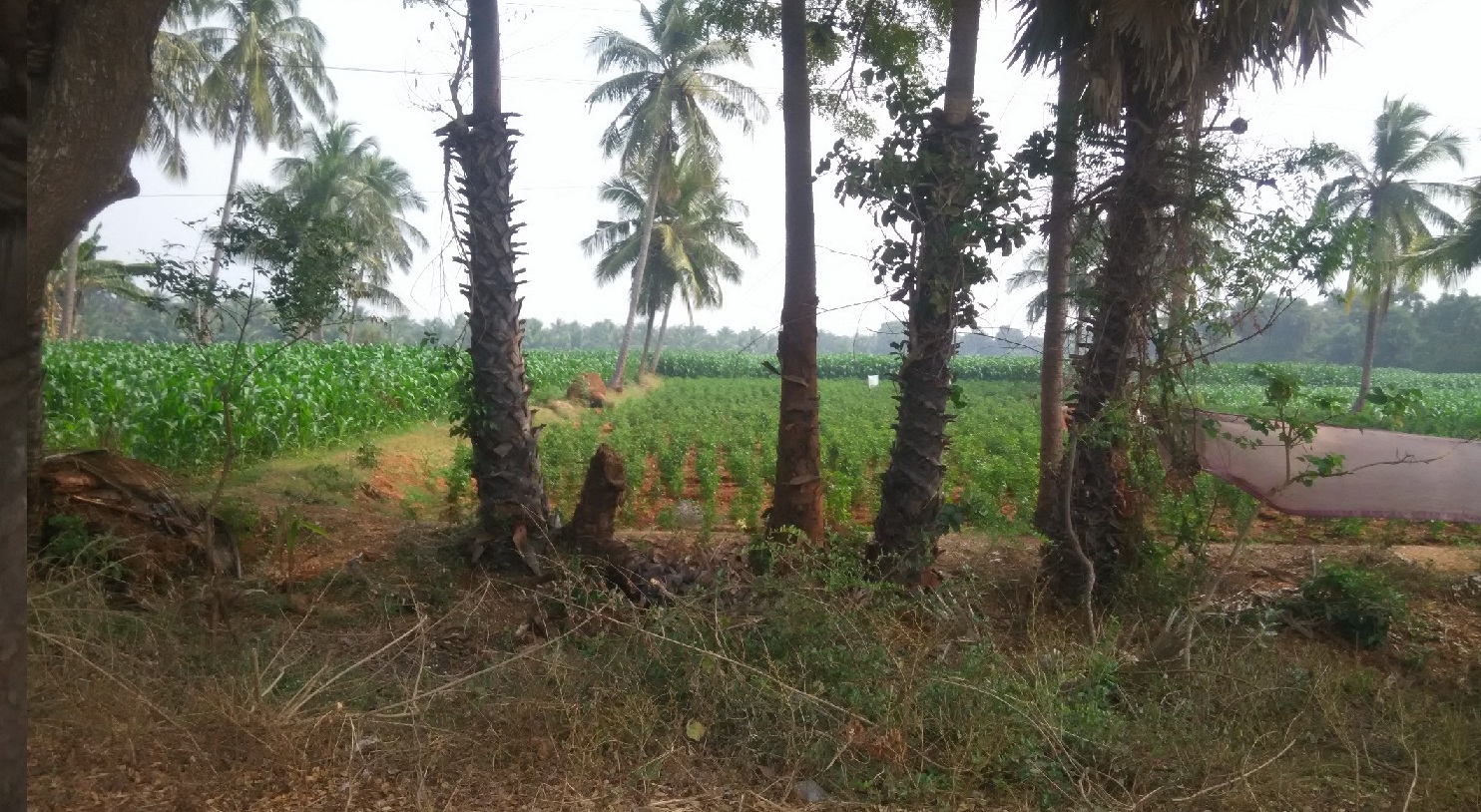
“One needs to understand that the soil has lost its fertility over the years, and it takes time to recuperate and regenerate the lost microorganisms. This is what we try to convey to the farmers. And we’re happy that farmers in the Vikarabad district are slowly making that shift and we can see the progress,” Dr Rama concludes.
And once they adopt natural farming, people soon turn to natural ways of living. They soon start to use local building materials, bamboo mud houses, and tree houses on their farms. The same can be seen in cooking practices where people are turning to pots and cast-iron based utensils, which have higher nutritional and health benefits.
These developments in Vikarabad district are very heartening and present a promising picture for the state.
(Written by Hema Vaishnavi Ale and Edited by Shruti Singhal)
Like this story? Or have something to share? Write to us: [email protected]
Connect with us on Facebook and Twitter.
NEW: Click here to get positive news on WhatsApp!
If you found our stories insightful, informative, or even just enjoyable, we invite you to consider making a voluntary payment to support the work we do at The Better India. Your contribution helps us continue producing quality content that educates, inspires, and drives positive change.
Choose one of the payment options below for your contribution-
By paying for the stories you value, you directly contribute to sustaining our efforts focused on making a difference in the world. Together, let's ensure that impactful stories continue to be told and shared, enriching lives and communities alike.
Thank you for your support. Here are some frequently asked questions you might find helpful to know why you are contributing?


This story made me
-
97
-
121
-
89
-
167




